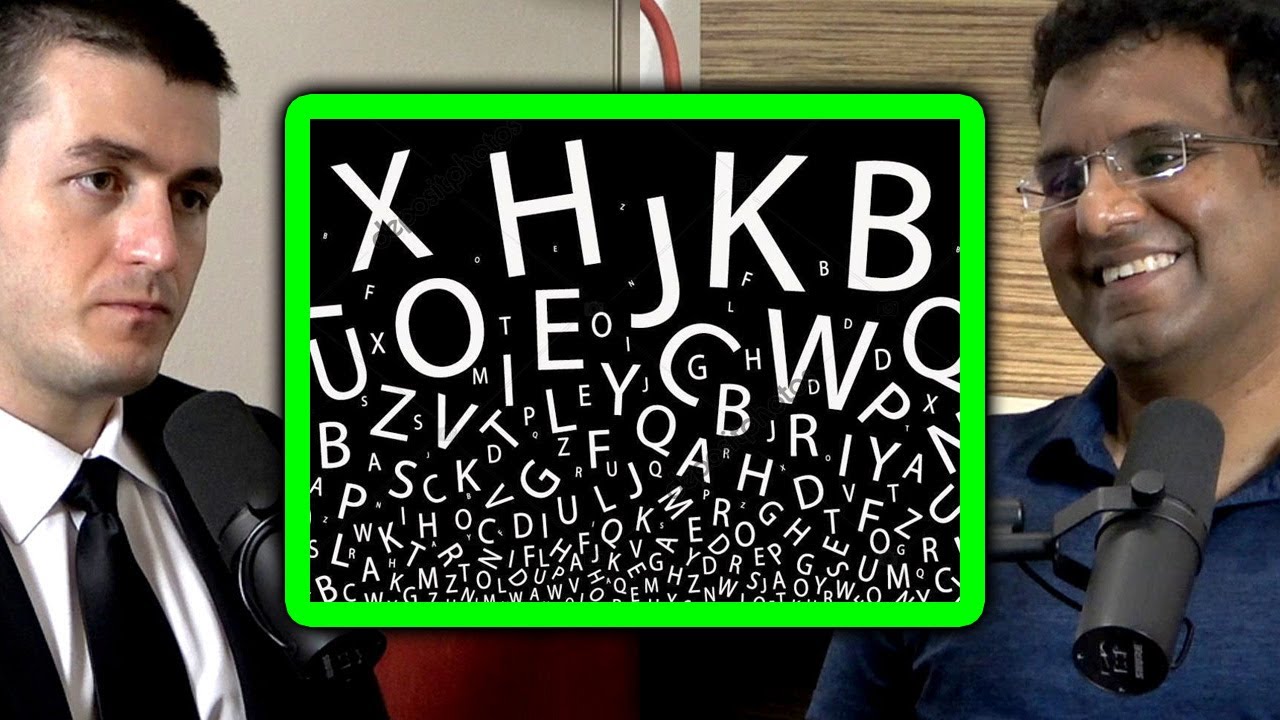Lex Clips
Full episode with Dileep George (Aug 2020): https://www.youtube.com/watch?v=tg_m_LxxRwM
Clips channel (Lex Clips): https://www.youtube.com/lexclips
Main channel (Lex Fridman): https://www.youtube.com/lexfridman
(more links below)
Podcast full episodes playlist:
https://www.youtube.com/playlist?list=PLrAXtmErZgOdP_8GztsuKi9nrraNbKKp4
Podcasts clips playlist:
https://www.youtube.com/playlist?list=PLrAXtmErZgOeciFP3CBCIEElOJeitOr41
Podcast website:
https://lexfridman.com/ai
Podcast on Apple Podcasts (iTunes):
https://apple.co/2lwqZIr
Podcast on Spotify:
https://spoti.fi/2nEwCF8
Podcast RSS:
https://lexfridman.com/category/ai/feed/
Dileep George is a researcher at the intersection of neuroscience and artificial intelligence, co-founder of Vicarious, formerly co-founder of Numenta. From the early work on Hierarchical temporal memory to Recursive Cortical Networks to today, Dileep’s always sought to engineer intelligence that is closely inspired by the human brain.
Subscribe to this YouTube channel or connect on:
– Twitter: https://twitter.com/lexfridman
– LinkedIn: https://www.linkedin.com/in/lexfridman
– Facebook: https://www.facebook.com/lexfridman
– Instagram: https://www.instagram.com/lexfridman
– Medium: https://medium.com/@lexfridman
– Support on Patreon: https://www.patreon.com/lexfridman
